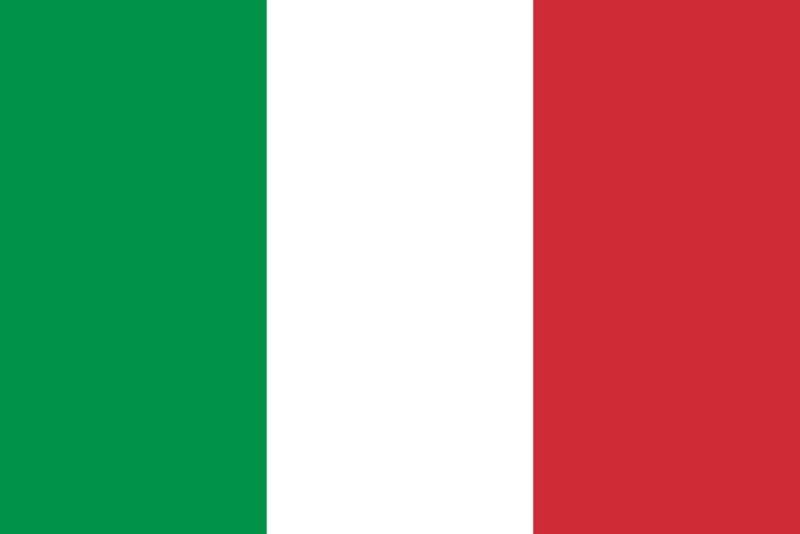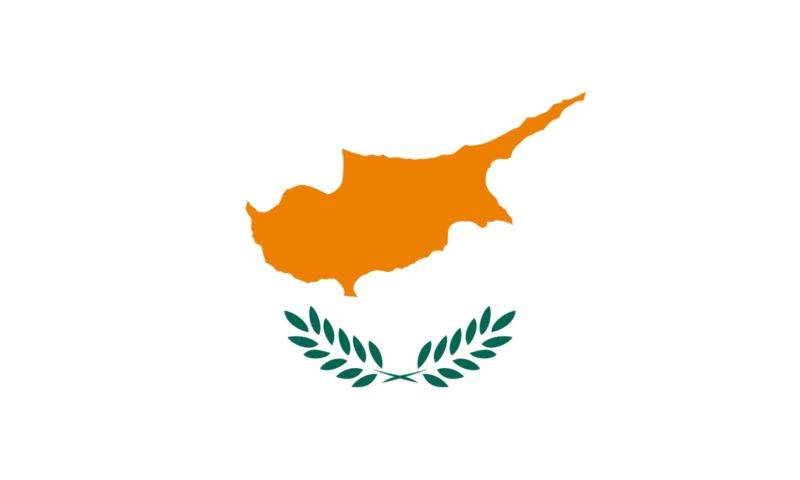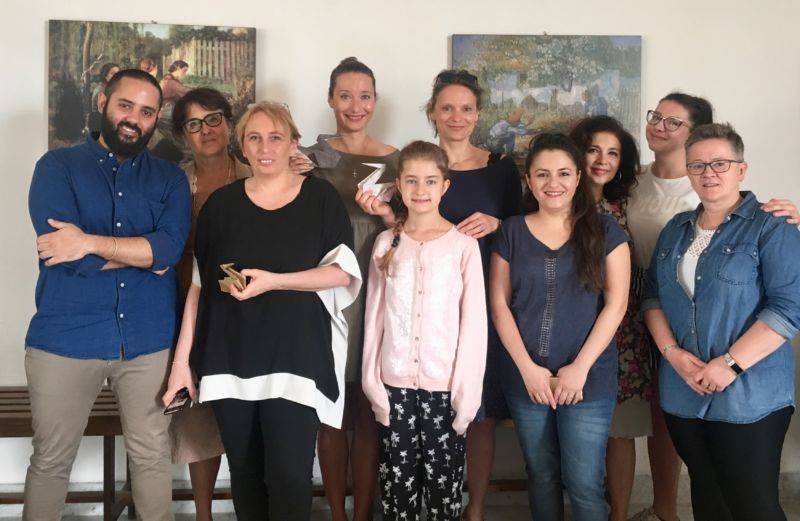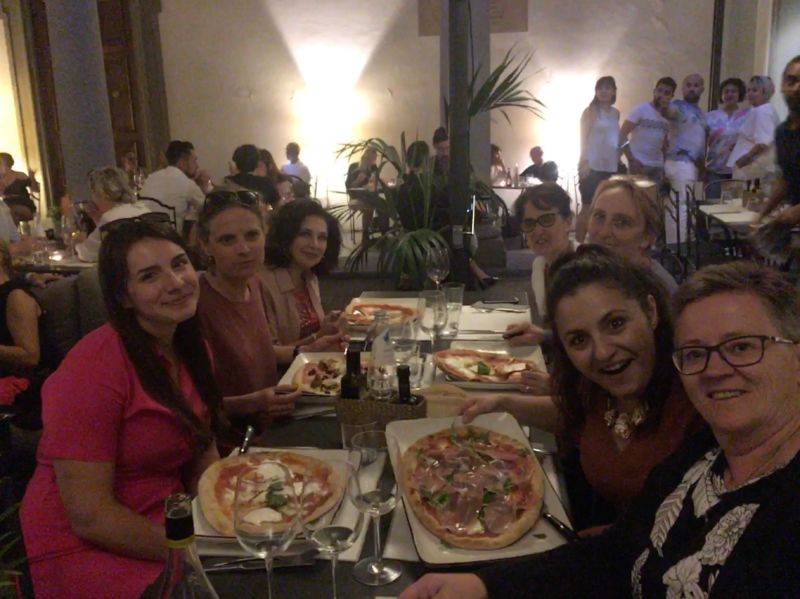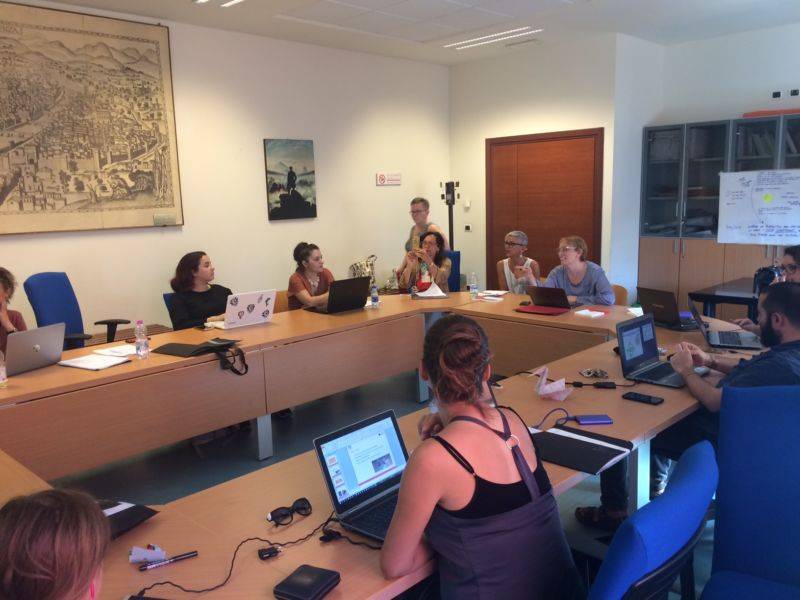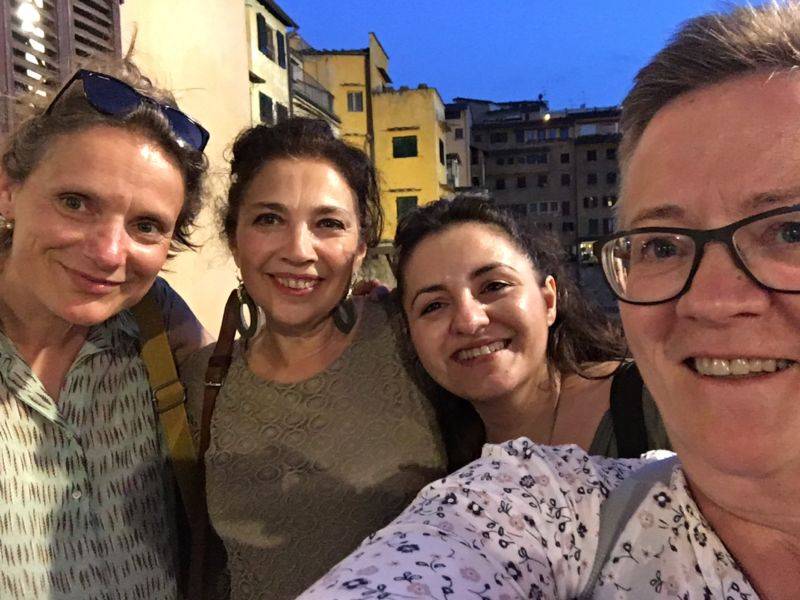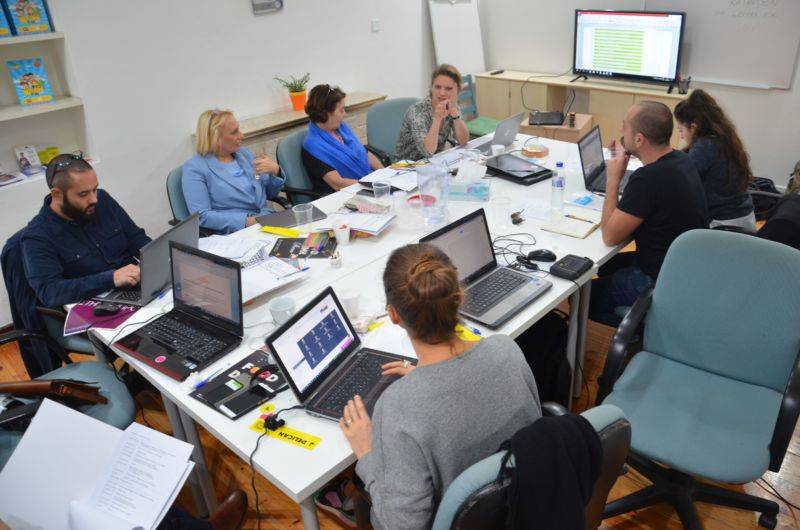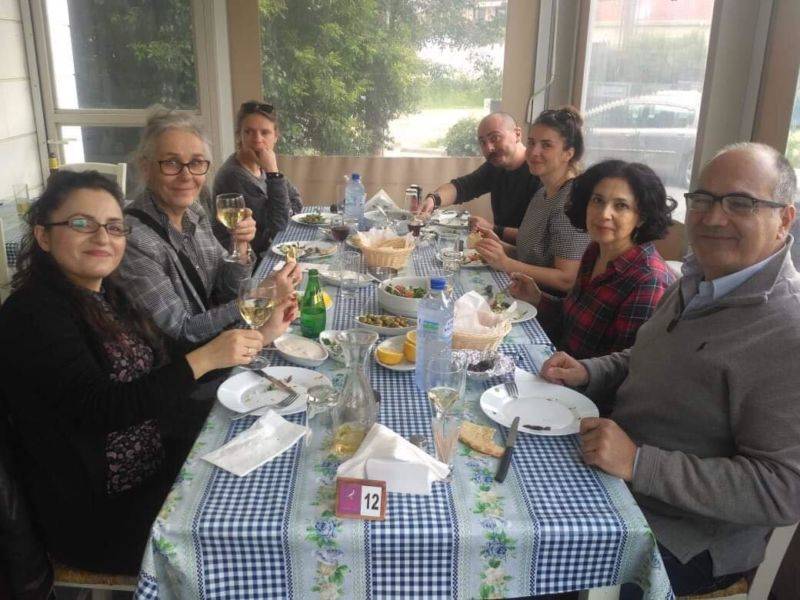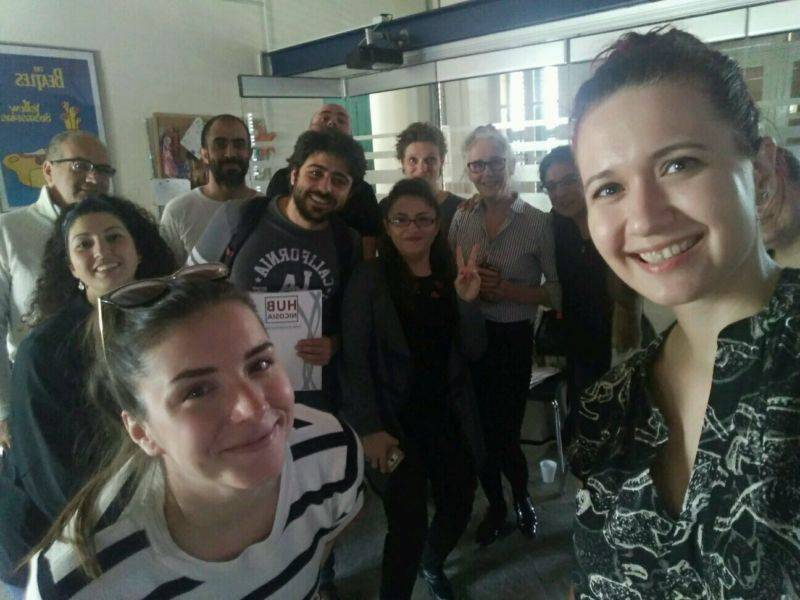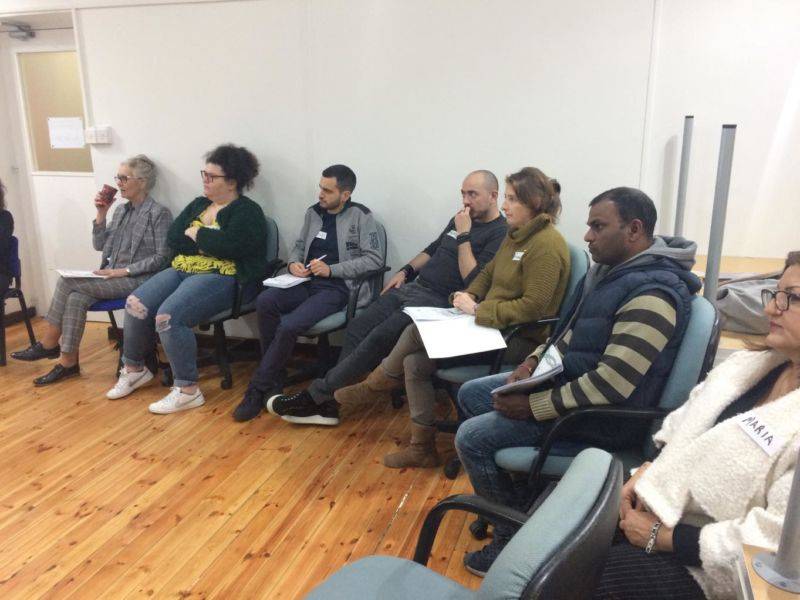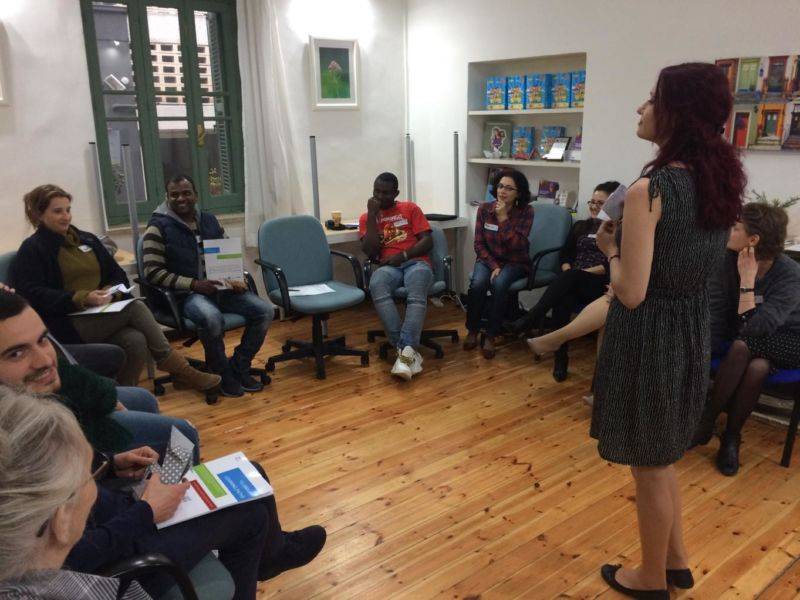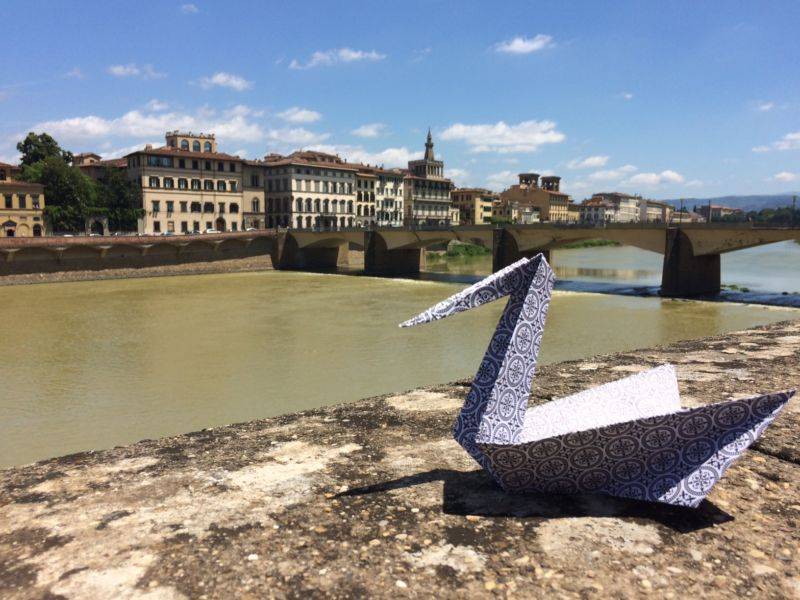Lingua+
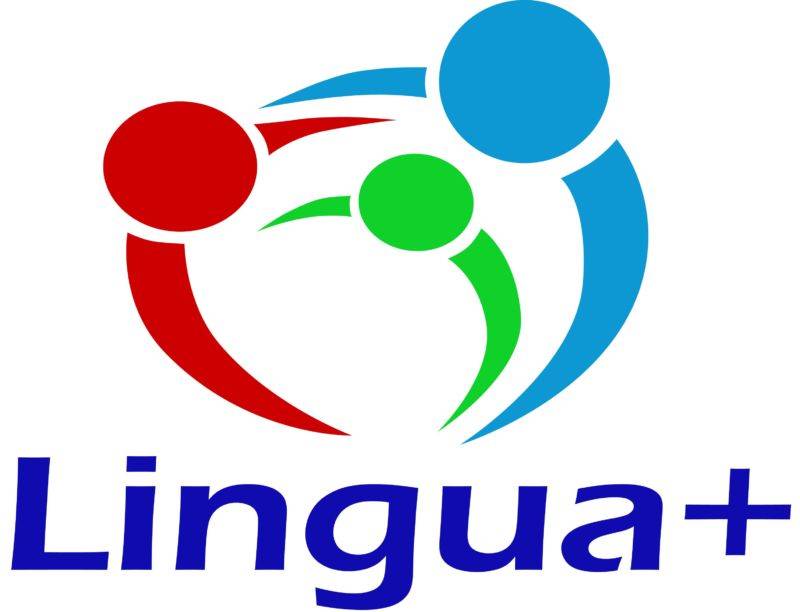
Kombinace inovativních nástrojů výuky jazyka hostitelské země a sociální inkluze
Jazyková škola PELICAN se stala partnerem projektu Lingua+, zaměřeného na propojení výuky jazyka hostitelské země s hlubším představením ekonomické, kulturní a sociální reality této země osobám přicházejícím zvenčí. Součástí nově vytvořené kombinace nástrojů jsou jak osvědčené metody výuky cizích jazyků, tak obecnější principy mezikulturního vzdělávání, při souběžném respektování kulturní a sociální jedinečnosti cílových skupin.

Popis projektu
Projekt Lingua+ se zaměřuje na naléhavou otázku integrace přistěhovalců v Evropě. Základní znalost jazyka hostitele je klíčovým faktorem při určování integračního úspěchu v celé Evropě. Naše zkušenosti nám říkají, že stávající metodiky a vzdělávací přístupy určené pro dospělé studenty postrádají holistický přístup. Lingua+ přináší inovace do jazykové integrace přistěhovalců tím, že nabízí nástroje pro učitele jazyků, a to za využití nejmodernějších metodik a postupů zakotvených v sociokulturní souhře.
Hlavní výstupy projektu
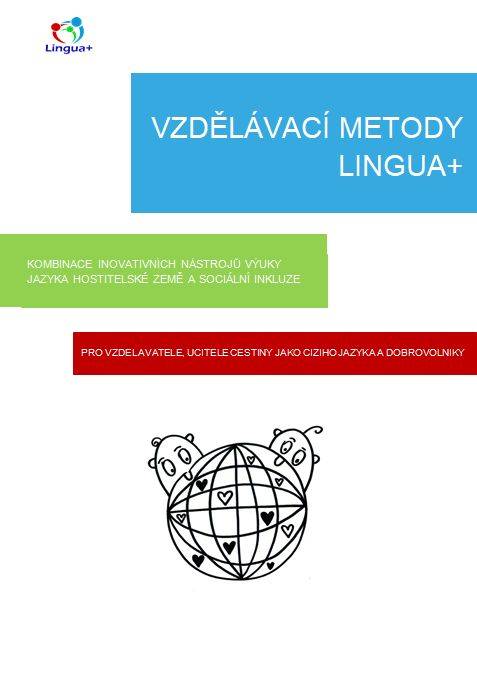
- Sborník inovativních postupů ve výuce jazyka hostitelské země pro cizí státní příslušníky, který je výsledkem společného výzkumu všech partnerů projektu. Jeho obsah tvoří výběr z osvědčených metod a technik. Při vytváření sborníku byly v potaz brány jak akademické prameny, tak praktické zkušenosti a výsledky organizací dlouhodobě se touto problematikou zabývajících.
- Stávající metody podpory sociální inkluze migrantů a uprchlíků
- Příručka pro učitele jazyků, školitele a dobrovolníky, obsahující teoretická vodítka a analýzu výuky jazyků dospělých migrantů a uprchlíků
- 15 Lingua+ inovativních vzdělávacích metod, obsahující strukturované textové popisy jednotlivých inovativních metod, doprovázené instruktážními videi z pilotingu těchto metod
Cílová skupina projektu
Klíčovým adresátem pilotingu vytvořených nástrojů je komunita cizích státních příslušníků na Islandu. V současnosti dosahuje počet migrantů 10 % celkové populace ostrova a počet nadále narůstá.
V rámci České republiky je pozornost projektu upřena na komunity cizích státních příslušníků žijících v České republice. Výukový blok připravovaný pro tyto osoby by měl být kombinací osvědčených metod a postupů ze dvou oblastí:
- Výuka češtiny jako jazyka hostitelské země pro cizí státní příslušníky v České republice
- Sociální inkluze a informování o právní, ekonomické a sociální realitě České republiky
Partneři projektu
Jazyková škola PELICAN (Česká republika), University of Florence (Itálie), Synthesis-Center (Kypr), Astofan (Island), The Mosaic Art and Sound (Velká Británie)

Zaujal Vás projekt Lingua+?
Zaujal Vás tento projekt a rádi byste ho zařadili do výuky či se o něm dozvěděli více? Neváhejte nás kontaktovat! Rádi se s Vámi sejdeme a vše vysvětlíme. V rámci projektu také pořádáme workshopy a veškeré materiály vzniklé v rámci projektu jsou volně k dispozici ke stažení, případně osobnímu předání. Pro více informací pište na jurasova@skolapelican.com.
PŘEDSTAVENÍ PROJEKTU LINGUA+ PARTNERY PROJEKTU
Fotogalerie
Pokud se chcete o projektu dozvědět více, kontaktuje nás buď e-mailem na jurasova@skolapelican.com, telefonicky na čísle +420 774 742 296 nebo osobně na adrese Lidická 9, Brno. Pokud budete mít zájem, rádi za vámi přijedeme a projekt Vám blíže představíme.



